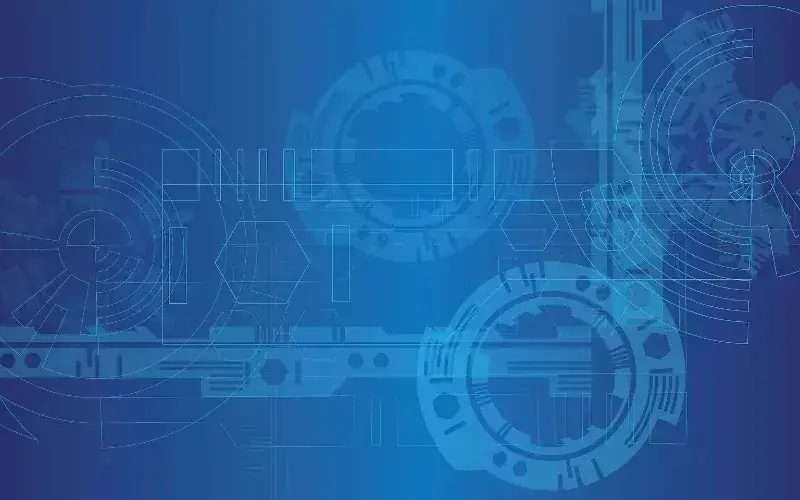Matt Hancock has announced a significant reform of GP IT systems. The health and social care secretary aims to replace outdated technology with modern solutions.
This initiative, named ‘GP IT Futures,’ focuses on creating a competitive market and exploring innovative IT systems for the NHS.
Outdated Systems to Be Replaced
Outdated and frustrating IT systems in GP practices will be replaced by modern technology, according to Matt Hancock. The health and social care secretary emphasised the need for a substantial overhaul to ensure the new ‘GP IT Futures’ framework. This aims to create an open, competitive market that encourages the best tech companies to invest in the NHS.
This initiative is expected to facilitate primary care providers in acquiring IT systems and services more efficiently. The plan also involves exploring the migration of patient data to the cloud, a move anticipated to modernise and make healthcare data management more efficient.
Digital Access by 2024
By 2023 to 2024, Hancock envisages a future where every patient in England can access GP services digitally. This includes facilitating online or video consultations, bridging the gap between traditional healthcare settings and modern digital solutions.
“Too often, the IT used by GPs in the NHS – like other NHS technology – is out of date,” Hancock stated. He acknowledged that such outdated technology frustrates both staff and patients and is incompatible with other NHS systems.
New Standards and Minimum Requirements
The new standards, developed by NHS Digital, will introduce minimum technical requirements ensuring interoperability and security among different systems. These standards aim to ensure that all systems can communicate securely and are continuously upgradable.
Any IT system failing to meet these criteria will not be endorsed by the NHS. Additionally, the government will consider terminating contracts with providers who fail to understand and adapt to these principles tailored for the health and care sector.
NHS Digital’s chief, Sarah Wilkinson, highlighted the necessity for the next generation of IT services to provide patients seamless access to essential aspects of their medical records while offering top-tier technology for GPs. Moreover, these systems must adhere to technological standards to integrate patient records across primary, secondary, and social care.
Challenges and Expectations
This ambitious plan faces several challenges, including the integration of new technologies into the existing infrastructure and ensuring that staff are adequately trained to use the new systems. However, the potential benefits, such as increased efficiency and improved patient care, make it a worthwhile endeavour.
The hope is that by setting rigorous standards and fostering a competitive market, the NHS will be able to attract innovative technology solutions that meet the evolving needs of healthcare professionals and patients alike.
The Role of Tech Companies
The involvement of tech companies is crucial in this transition. By opening the market, the NHS aims to attract businesses that can provide cutting-edge solutions and drive innovation in healthcare IT.
Hancock’s plan is not just about replacing outdated systems but also about creating a future-ready healthcare IT environment. This involves collaboration with tech companies to bring in fresh perspectives and advanced technologies.
Future Implications
The successful implementation of this plan could set a precedent for other healthcare systems worldwide. By demonstrating how modern technology can be integrated into public healthcare, the NHS could become a model for digital transformation in healthcare.
The move towards a digital-first approach in healthcare signifies a shift in how medical services are delivered. It aims to make healthcare more accessible, efficient, and patient-centric.
Conclusion
Matt Hancock’s promise to overhaul GP IT systems marks a significant step towards modernising the NHS. By introducing new standards and encouraging tech company investments, the NHS aims to create a more efficient, integrated, and patient-friendly healthcare system. While challenges remain, the potential benefits of this initiative are substantial, promising a better future for both healthcare providers and patients.
Matt Hancock’s promise to overhaul GP IT systems marks a significant step towards modernising the NHS. By introducing new standards and encouraging tech company investments, the NHS aims to create a more efficient, integrated, and patient-friendly healthcare system.
While challenges remain, the potential benefits of this initiative are substantial, promising a better future for both healthcare providers and patients.


